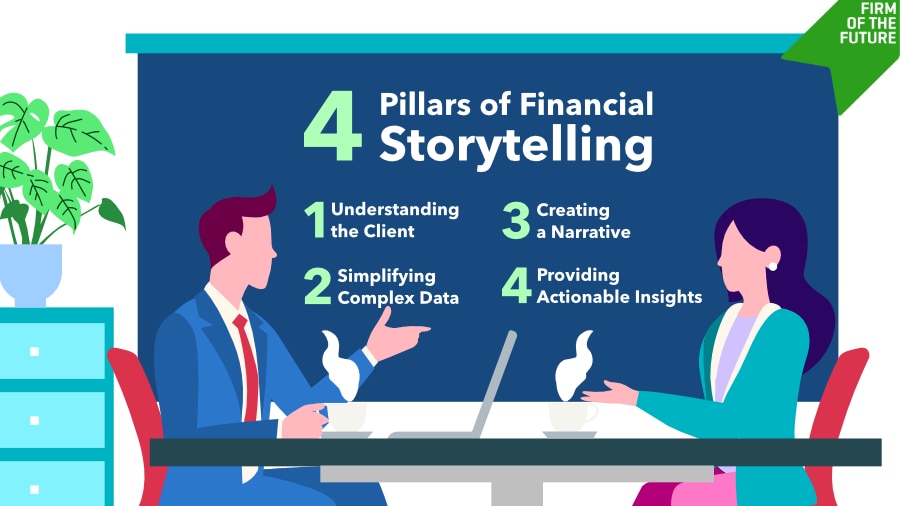At QuickBooks Connect, I had the pleasure of presenting on e-commerce accounting best practices with Brittany Brown, CEO of LedgerGurus. As professionals serving small business owners across various industries, we wanted to share some hard-won wisdom on properly managing finances for e-commerce clients.
Having worked with numerous e-commerce clients over the years, Brittany emphasized that running an online business introduces wholly unique accounting challenges compared to brick-and-mortar companies. These include tracking multi-channel sales data, inventory and cost of goods sold (COGS) accounting, and the complexities of sales tax across state lines.
It’s critical for clients to get on top of these issues early on, and that’s where the accounting advisor comes in.
The issues are complex. For example, far too many e-commerce clients try shortcutting inventory accounting by simply expensing purchases up front. But this process obscures true product costs and margins over time. As Brittany humorously analogized, inventory accounting will inevitably develop gaps over time, much like putting socks into a dryer and losing one. While a perfect system is impossible, clients still need accountability and oversight into the data they provide.
On the sales tax front, we cautioned the audience against ignoring nexus issues to their detriment. As difficult as the compliance complexities are, ensuring that tax calculations are turned on correctly across online channels is critical for e-commerce clients with multistate nexus footprints. No business wants to deal with painful audits and penalties from state or local jurisdictions related to non-payment of owed sales tax.
Monitoring true profitability requires going beyond surface-level COGS to factor in total customer acquisition expenditures across platforms. This includes fees spent on advertising channels and agencies to accurately determine the return on ad spend, or ROAS. Without this holistic perspective, businesses have limited visibility into their real margins after accounting for these additional overhead costs.
Brittany and I thoroughly enjoyed sharing practical insights from our experiences in the trenches with e-commerce merchants. The unique accounting challenges online companies face demand tailored financial strategies and oversight!
How will you address your clients’ e-commerce challenges?



